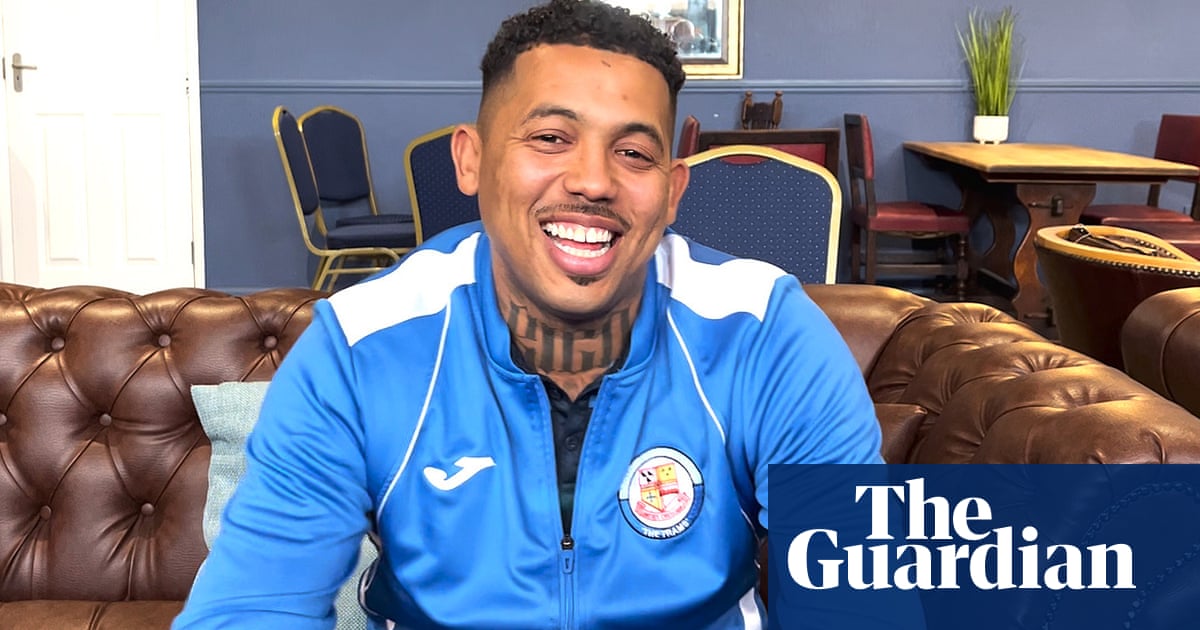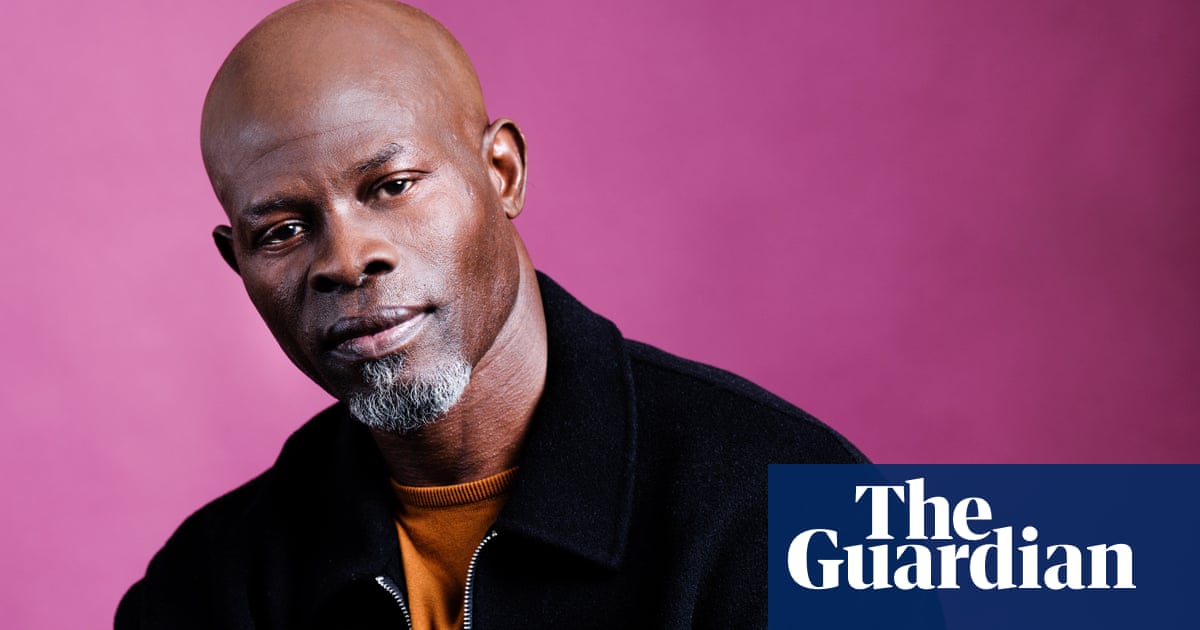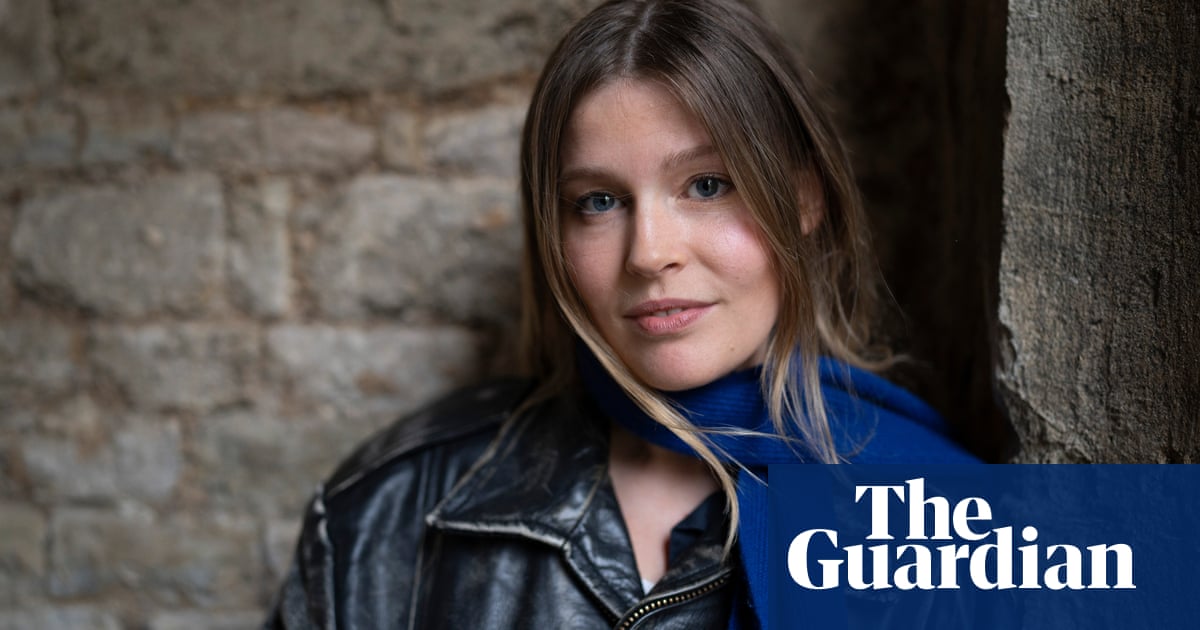
y family migrated from Zimbabwe to England in the late 90s. Most of my teens and all of my 20s were shaped by applying for residency. I spent a lot of time feeling unwanted despite giving back to communities and to the arts, representing the UK at international poetry festivals and exchanges, and contributing to the landscape of British theatre.
In 2014, I was commissioned to write a play for Leeds Playhouse and Glasgow’s Òran Mór as part of the series A Play, a Pie and a Pint. I wrote Nine Lives, a one-man show about Ishmael, a gay Zimbabwean asylum seeker who is dispersed to Leeds while he awaits the Home Office’s decision on his case.
Immigration policy is complex and changes very rapidly. The reality is that those changes are not only reflected in written law but have the greatest impact on people’s lives. In my daily life and through facilitating workshops, I met people from around the world who shared their own immigration stories. There was anger and pain over restricted information, complicated forms, extortionate fees, backlogs, racism, destitution, harassment, disbelief by the Home Office despite extensive evidence, refusals corrected on appeals; and the psychological and emotional impact of the application process.
We had similarities among us. But I also learned the differences in procedures for international students, those joining family and spouses, economic migrants, refugees and asylum seekers. Putting in the work to understand what falls under the umbrella of immigration beyond inflammatory and clickbait headlines is vital because it educates on British history, attitudes and treatment of immigrants.
The influx of people into this country is not a new conversation. It wasn’t new when I wrote Nine Lives, but what we were experiencing at the time was a flare-up of racist attitudes, hostile environments and misinformation on what it meant to claim refuge and asylum. There are still ongoing systemic failures within the Home Office. We saw it in 2017 with the Windrush scandal; and most recently, in August 2020, Mercy Baguma, an asylum seeker from Uganda, died with her baby by her side after her leave to remain expired and she was left destitute. The UK immigration system is broken and deeply inhumane.
Nine Lives gave me the opportunity to shed light on one part of a bigger conversation. Research led me to the work of organisations such as Free Movement, UK Lesbian and Gay Immigration Group, Freedom from Torture and City of Sanctuary UK. I learned of a key Supreme Court ruling from 2010, which ended the Home Office’s controversial policy of refusing asylum to gay refugees on the grounds that they could avoid persecution abroad by pretending to be heterosexual.
At present, 29 countries around the world have legalised same-sex marriage. South Africa is the only African country to legally recognise the unions. This, however, does not eradicate discrimination and violence against the LGBTQI+ community in the country and across the continent. As a writer I have a keen interest in platforming the experiences of Africans on the continent and in the diaspora. This is how the character of Ishmael was born. I was interested in exploring the push factors that led to his journey and the community of people that receive him in Armley, Leeds.
In December 2019, the International Lesbian, Gay, Bisexual, Trans and Intersex Association released an updated report of the global legislation overview of State-Sponsored Homophobia. It stated that though more LGBT rights had been legalised, “polarising trends that are taking place at a global scale” mean “more LGBTI people are also in greater danger of being discriminated [against], attacked, persecuted and even murdered”. Anti-rights groups and rightwing views threaten the ongoing advocacy work.
The National Statistics on asylum claims on the basis of sexual orientation (updated in September 2020) show that the Home Office does track the number of applications where sexual orientation is raised as part of the claim, but it is limited to lesbian, gay and bisexual claims (LGB). The figures are still experimental statistics and do not factor other areas, such as the social, cultural, political and administrative reasons why LGBTQI+ people delay claiming asylum. The Home Office is yet to develop and implement a new asylum case working system.
Nine Lives remains relevant because the real-life stories and experiences are ongoing. We are currently in rehearsals for a new production at the Bridge theatre and already engaging in vital discussions with the Young Bridge, its scheme for those aged 16 to 25, on representation in the arts, finding your voice and the urgency of new writing. It is exciting to be heading back in a theatre space again and we look forward to connecting with new audiences.
Nine Lives runs in repertoire at the Bridge theatre, London, 22-31 October.












